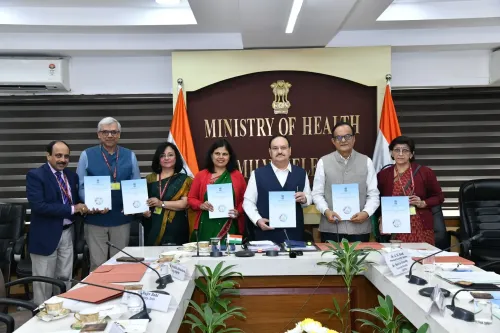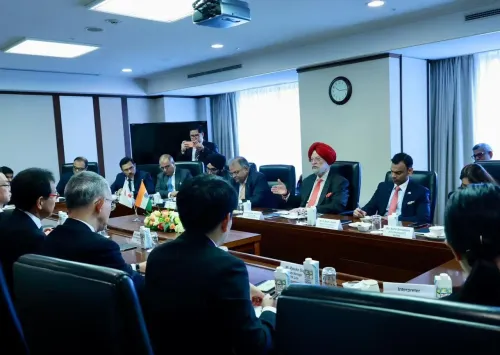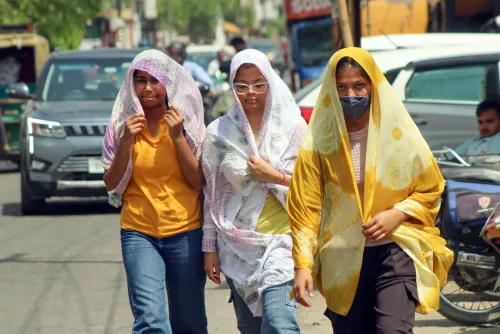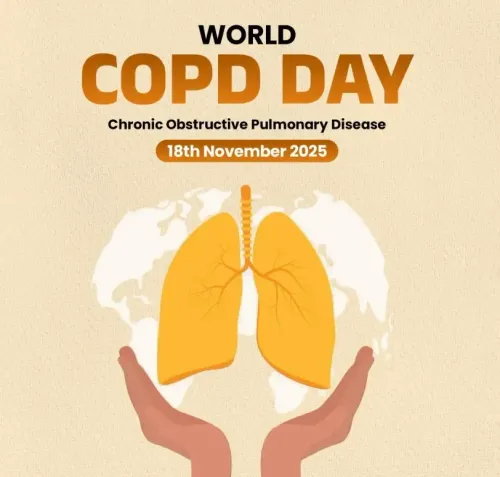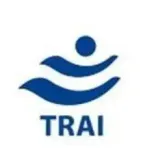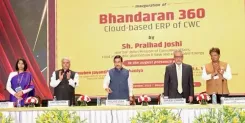Did the US Court Favor POSCO Over Countervailing Duties?

Synopsis
Key Takeaways
- The U.S. Court of International Trade ruled in favor of POSCO, challenging the U.S. countervailing duties.
- The ruling mandates a review of Korea's electricity subsidies.
- POSCO Future M is expanding its business through a partnership with CNGR Advanced Material Co.
- The tariffs imposed were based on alleged government subsidies.
- This case highlights the complexities of international trade regulations.
Seoul, Aug 13 (NationPress) The U.S. Court of International Trade (CIT) has ruled in favor of South Korean steel conglomerate POSCO in a legal challenge against the U.S. government's imposition of countervailing duties on the company, as stated by Seoul's industry ministry on Wednesday.
In December 2023, the U.S. Department of Commerce established 0.87 percent countervailing tariffs on POSCO's carbon and alloy steel plates, alleging that the Korean firm was selling its products at unfairly low prices in the U.S. market due to government subsidies, according to the Yonhap news agency.
At that time, the commerce department claimed that Korea's low industrial electricity rates represented a government subsidy for businesses, asserting that the steel, semiconductor, and petrochemical sectors utilized excessive electricity to exploit these rates.
It was also argued that the Korean government had granted additional carbon emission permits to POSCO, which could be interpreted as a type of countervailable subsidy.
However, the CIT dismissed Washington's claims, stating that a company's significant electricity consumption does not imply it received a “disproportionate” amount of subsidies, and criticized the U.S. department for “unreasonably” grouping steel with two unrelated industries, as reported by the ministry.
The ministry also indicated that the CIT accepted the argument from the Korean side that additional permits within the carbon emissions trading system do not equate to a loss of government revenue, and that the Korean government did not allocate extra permits to any specific company or industry.
As a result of the court's ruling, the U.S. commerce department is obligated to reassess its determination regarding the nature of Korea's electricity subsidy and POSCO's extra emissions permits, providing a revised submission to the CIT within 60 days.
Meanwhile, POSCO Future M Co., the battery materials division of POSCO Holdings, announced it has entered into a memorandum of understanding (MOU) with China's CNGR Advanced Material Co. to collaborate on a battery materials project.
The MOU aims to enhance POSCO Future M's rechargeable battery cathode material business, as stated in a press release. CNGR's Korean subsidiary, Fino, is also part of this partnership.
Currently, POSCO Future M produces cathodes for nickel-cobalt-manganese (NCM) and nickel-cobalt-manganese-aluminum (NCMA) batteries but plans to broaden its supply to include lithium manganese-rich (LMR) and lithium iron phosphate (LFP) batteries.

